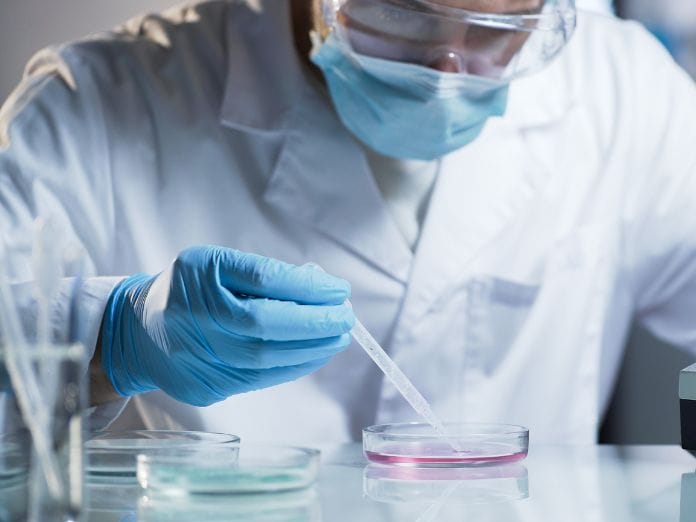Toxicology laboratories measure and analyze medications, potential toxins, and banned substances present in a patient’s body. Labs can perform tests on samples of a person’s sweat, saliva, hair, blood, or urine. Read on to find out more about important services toxicology labs perform.
Evaluate Possible Overdosing or Poisoning
In an emergency, a physician can order a toxicology screen to evaluate a possible overdose or poisoning. The screen includes various tests that can help the medical team determine the type and amount of drugs a person has taken, either accidentally or purposefully.
The tests typically use blood or urine samples, and labs must run the tests within the time frame the drug is still detectable. After receiving the test results, the medical team can deliver the right treatment.
Toxicology labs can provide specific services for unique needs. No matter the reason for testing, laboratories can use commercially manufactured toxicology panels or develop their own validated tests.
One of the purposes of a laboratory-developed test is to provide a service that meets a specific need. For example, if the test is for use on a relatively small number of people, a commercial version may not be available. In that case, the lab can develop its own testing to evaluate patients.
Check for Illicit Drug Use
Another important service toxicology labs perform is checking for illicit drug use in non-emergency settings. Drug tests can be used for people who take part in a specific job or activity.
Some businesses test for drugs as part of the hiring process. Pre-employment drug tests are often used for positions related to public safety. Student and professional athletes also undergo testing to rule out the use of performance-enhancing drugs.
Determine Optimal Dosing
Physicians use toxicology test findings to determine appropriate prescription dosing. Some patients are predisposed to respond to medications differently, and tests can help avoid adverse reactions or therapeutic failure.
Some adverse reactions occur in response to the drug dosage. Rather than the body eliminating the active drug, the drug accumulates. If a test indicates this response, the physician can adjust the dosage to achieve the optimal effect.
The results of toxicology lab tests guide treatment plans and emergency care. From assessing the effects of illegal drugs to determining medicinal therapeutic dosages, toxicology is a vibrant field that improves our understanding of how substances affect human biology.






